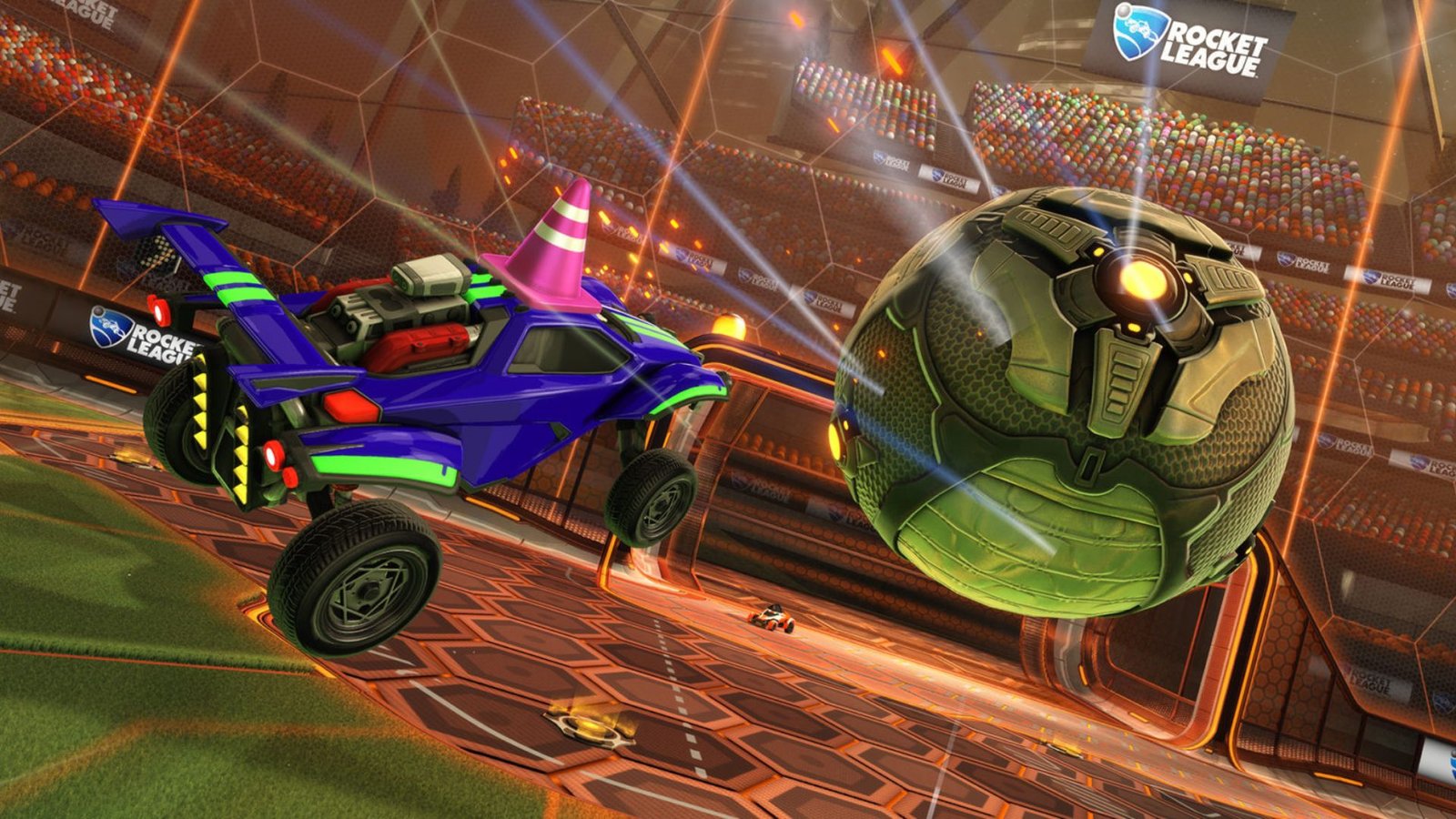Inclusivity in the gaming industry has gained significant momentum in recent years, transforming how games are developed, marketed, and played. The gaming community has become a diverse melting pot, representing various cultures, identities, and experiences. This post explores the importance of inclusivity in gaming, the strides made in the industry, and the challenges that still lie ahead.

Understanding the Importance of Inclusivity
Inclusivity in gaming matters because it fosters a sense of belonging for all players. When games represent diverse characters and narratives, they allow players to see themselves in the stories being told. This representation can empower individuals from marginalized communities, making them feel valued and understood. Moreover, inclusivity can enhance the overall gaming experience, leading to richer storytelling and more engaging gameplay.
Increased Representation in Games
One of the most notable changes in the gaming industry is the increased representation of diverse characters. Developers have begun to recognize the need for games that reflect the real world. This shift includes portraying characters of different races, genders, sexual orientations, and abilities. Titles like The Last of Us Part II and Life is Strange have received praise for their nuanced representation, showing that players crave authenticity in their gaming experiences.
Accessible Gaming Options
Creating accessible gaming experiences is a crucial aspect of inclusivity. Developers are increasingly focusing on making games playable for individuals with disabilities. This includes implementing features like customizable controls, visual and auditory aids, and gameplay options that accommodate different needs. Games like Celeste and The Last of Us Part II have set a benchmark by offering accessibility options that allow everyone to enjoy the gameplay regardless of their physical limitations.
Community and Cultural Representation
Diversity extends beyond the characters in games; it also involves the gaming community. As the industry grows, fostering a welcoming environment for all players becomes essential. Initiatives aimed at promoting diversity in gaming communities, such as game development workshops for underrepresented groups, play a significant role. Organizations like Girls Who Code and Black Girls Code work to bridge the gap by encouraging diverse voices to enter the industry.
Challenges in the Industry
Despite the progress made, challenges remain in achieving full inclusivity within the gaming industry. Stereotypes and biases can still be prevalent, leading to the marginalization of certain groups. Additionally, there is often resistance from segments of the gaming community that may not embrace diversity or inclusivity. Developers and publishers must remain vigilant in combating toxic behavior and ensuring that all players feel safe and welcome.
The Role of Education and Awareness
Education plays a vital role in promoting inclusivity in gaming. Raising awareness about the importance of representation can encourage developers to create more inclusive content. Game design courses and workshops focusing on diversity can help aspiring developers understand the value of inclusive practices. By fostering empathy and understanding, the industry can pave the way for a more inclusive future.
Looking Forward
As the gaming industry continues to evolve, the future of inclusivity looks promising. Developers are recognizing the value of diverse narratives and characters, leading to a more authentic gaming experience. The push for accessibility and community representation will only grow stronger, ensuring that the gaming world reflects the diversity of its players.
Conclusion
Inclusivity in the gaming industry is not just a trend; it’s a movement toward a more representative and welcoming gaming experience for all. By embracing diversity in characters, narratives, and communities, the gaming industry can create spaces where everyone feels valued and empowered. As players, developers, and advocates continue to push for change, the future of gaming holds the promise of inclusivity, enriching the experiences of gamers worldwide.




